'Botanical Hyaluronic Acid' is an ingredient we use in our Vital Balm Cream, Advanced Hydration Mask as well as our Hydration Boost Concentrate.
Botanical Hyaluronic Acid is a polysaccharide sugar molecule known for its exceptional ability to attract and retain moisture. By drawing in and holding onto water molecules, it helps to keep the skin hydrated and plump. This, in turn, can contribute to maintaining the skin's elasticity and overall health.
Our bodies naturally produce Hyaluronic Acid, however our production of it tends to decrease with age, which can lead to skin dryness, loss of volume, and the development of fine lines and wrinkles. Using skin care products containing ingredients like Botanical Hyaluronic Acid can help counteract some of these effects by replenishing the moisture content in the skin.
Botanical Hyaluronic Acid has the unique capability of making up for that lost, naturally occurring HA in our own skin, without some of the ethical and synthetic chemical issues correlated to other HA products on the market today.
Botanical Hyaluronic Acid used in our products is derived from plant sources rather than being synthetically produced or sourced from animal-based materials. We make our Botanical HA extract in-house, so it’s pure, organic, and free of questionable additives and preservatives.
So what’s the difference between “Natural,” “Man-Made,” and “Botanical” Hyaluronic Acid?
There is a big difference when it comes to the source and efficacy of HA. Hyaluronic Acid is a humectant, which means it grabs moisture from the air and holds it in the epidermis, keeping the skin plump, firm and dewy. Natural HA is a polysaccharide produced in the skin, eyes and connective tissues of humans and other animals. Traditionally, HA has been sourced particularly from horses and rooster combs for use in consumer products. However, the use of animal-derived HA has raised ethical and sustainability concerns in recent years, leading to the development of alternative sources, such as plant-derived HA like your "Botanical Hyaluronic Acid."
Animal cruelty issues aside, with the huge rise in popularity of HA in recent years, it has become more cost-effective to sell skincare products with synthetic HA made in a lab through genetically modified bacterial fermentation. Though many dermatologists recommend the use of Hyaluronic Acid (either animal-derived or synthetic) for temporarily moisturizing skin, most recognize that the molecule is actually too large to pass through the epidermis. In order to receive the real skin-health benefits of HA for diminishing fine lines and wrinkles, it has to be injected with a needle into the deeper dermis, just like Juvéderm and Restylane (which also contain HA).
The Hyaluronic Acid WE use in our products is needle and cruelty-free, vegan and purely botanical. Clinical studies have shown it has a better effect than natural and synthetic Hyaluronic Acid in providing higher moisturizing, softening and overall improvement of skin complexion. Botanical HA’s Latin name is Cassia Angustifolia and is also known as the Ayurvedic Indian Senna Seed whose leaves have been used for thousands of years as a powerful catharsis, relieving constipation and healing wounds.
Mimicking the polysaccharides found in the body’s naturally-produced HA, botanical HA molecules (B-Glucans) are extracted directly from the Senna seeds (not the leaves) and combined with water or glycerin, making the agent completely natural, safe and clean. Studies have also demonstrated that the high content of these polysaccharides in the Indian Senna seed effectively repair dryness, provide longer-lasting suppleness, exhibit film-forming capacities and also function as an anti-inflammatory treatment for acne and other skin conditions.
When choosing the source of our Hyaluronic Acid, there is no question we would use the purest, safest and most humane option in delivering the best results for moisturizing, restructuring and healing. Botanical Hyaluronic Acid is incredibly effective in making your skin clear, supple and plump, for all skin types and conditions, while also being 100% natural and ethically derived.
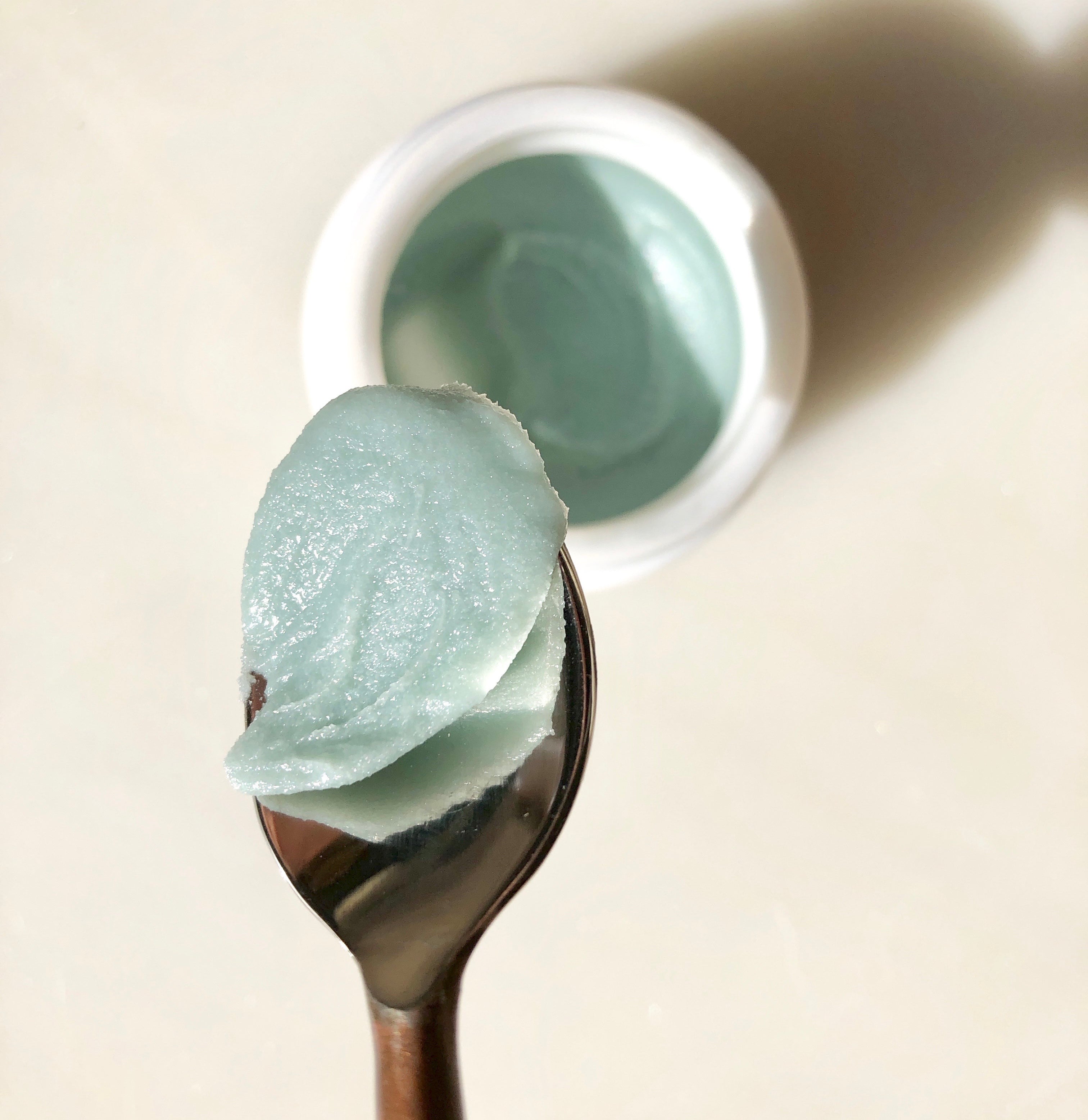



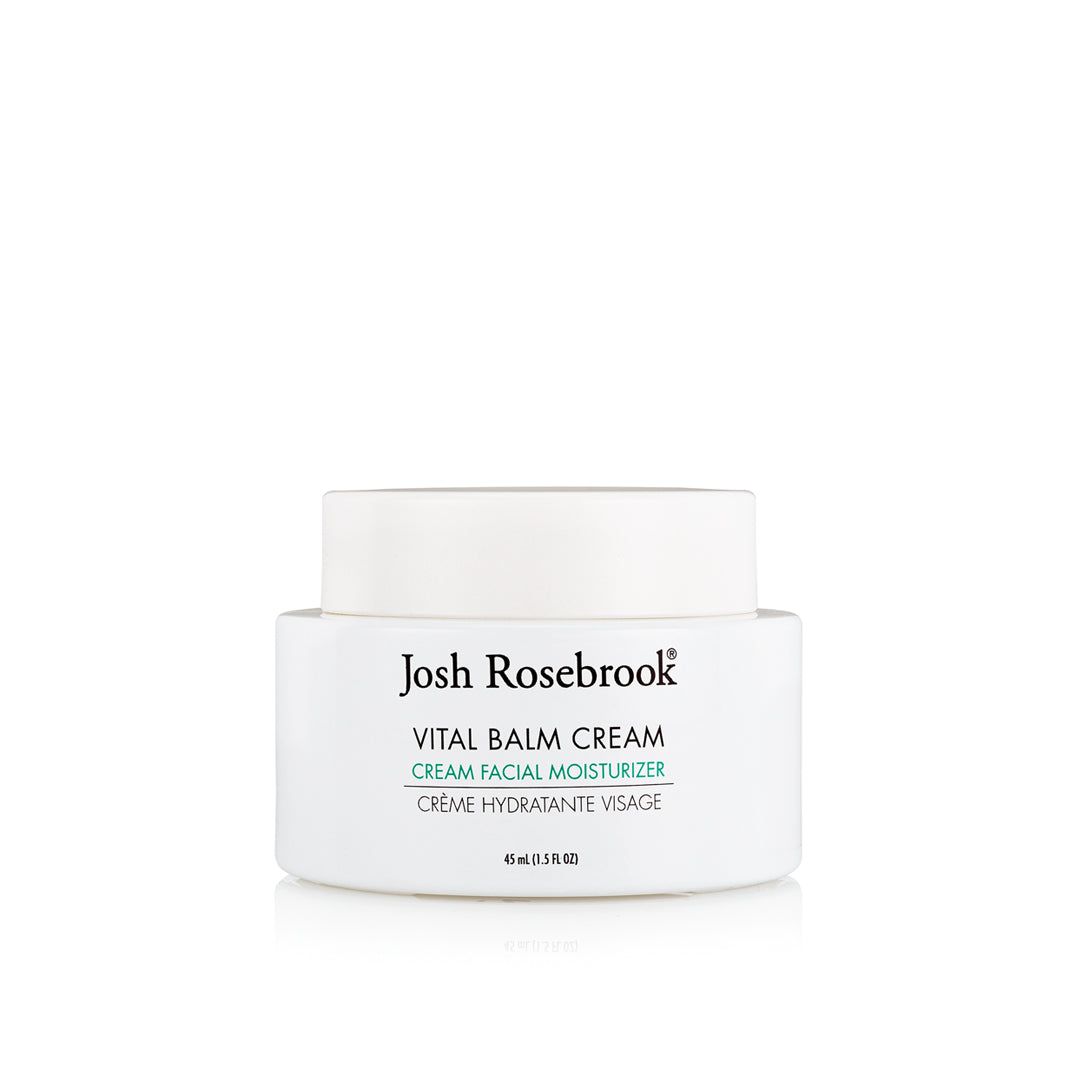
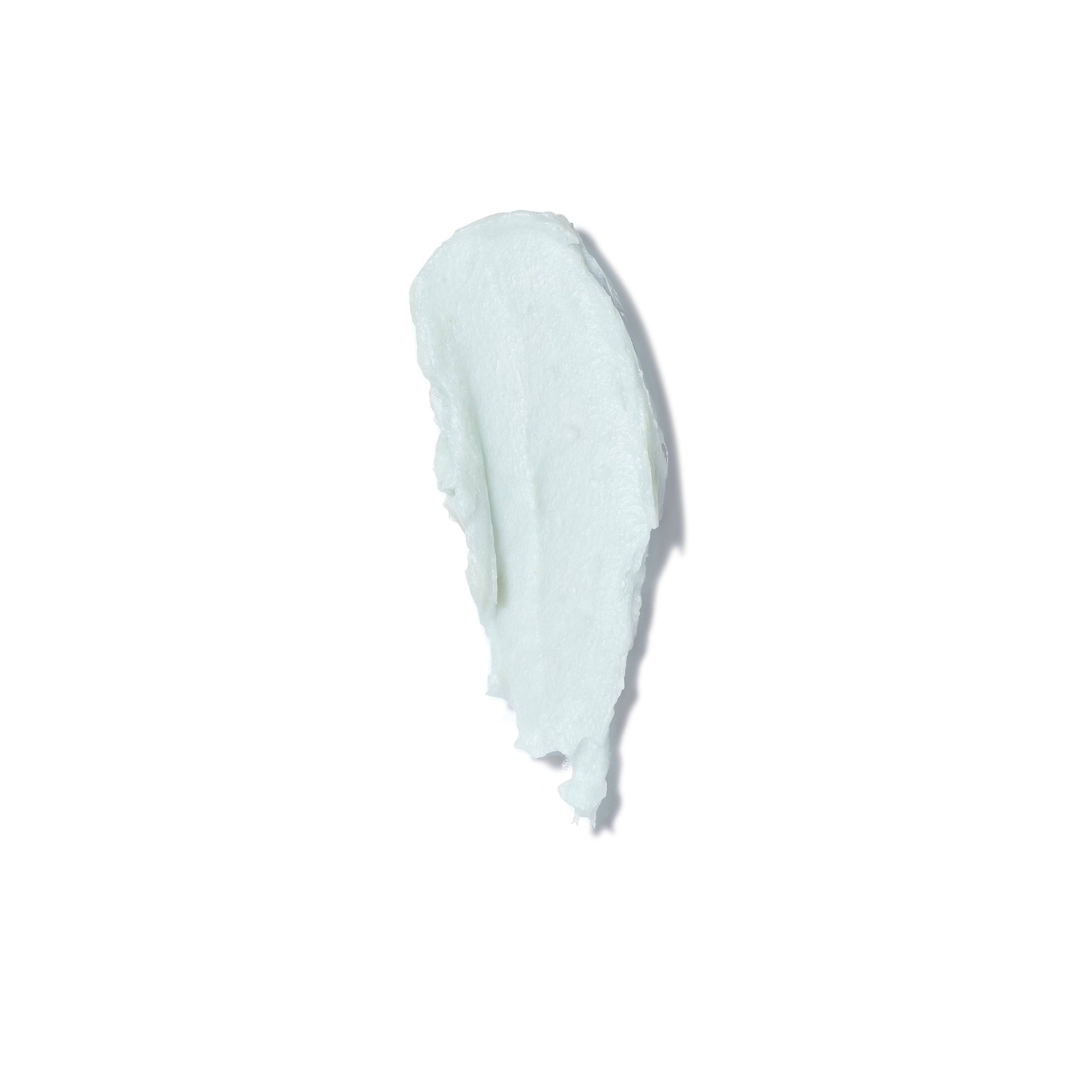
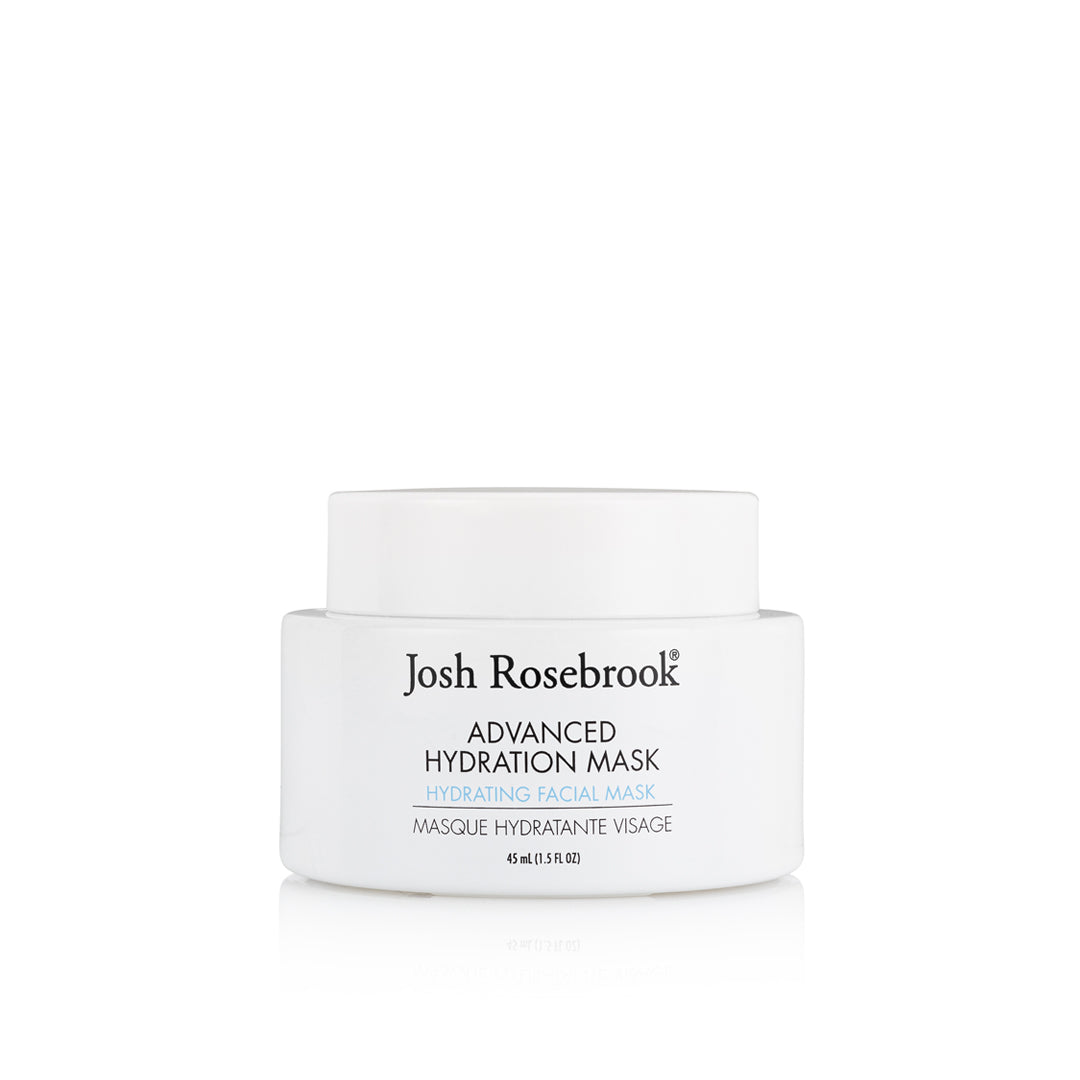
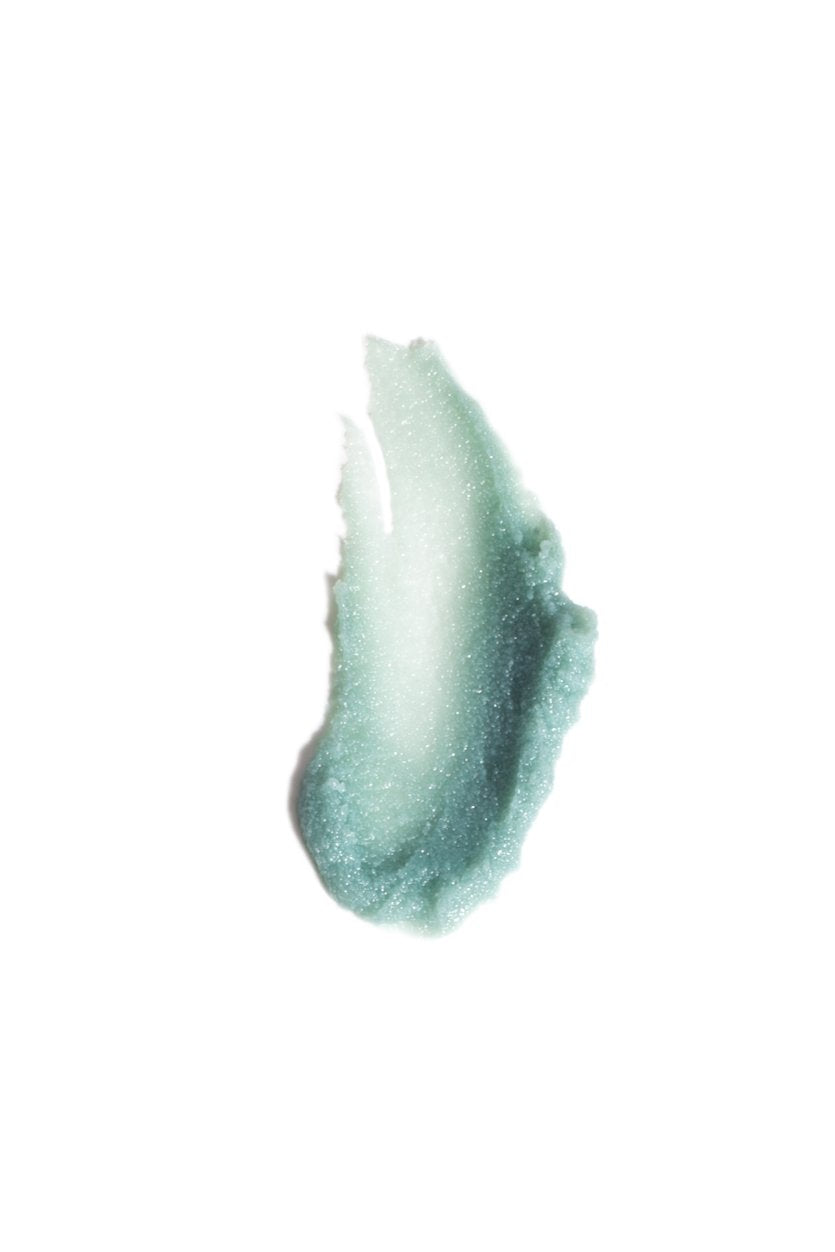
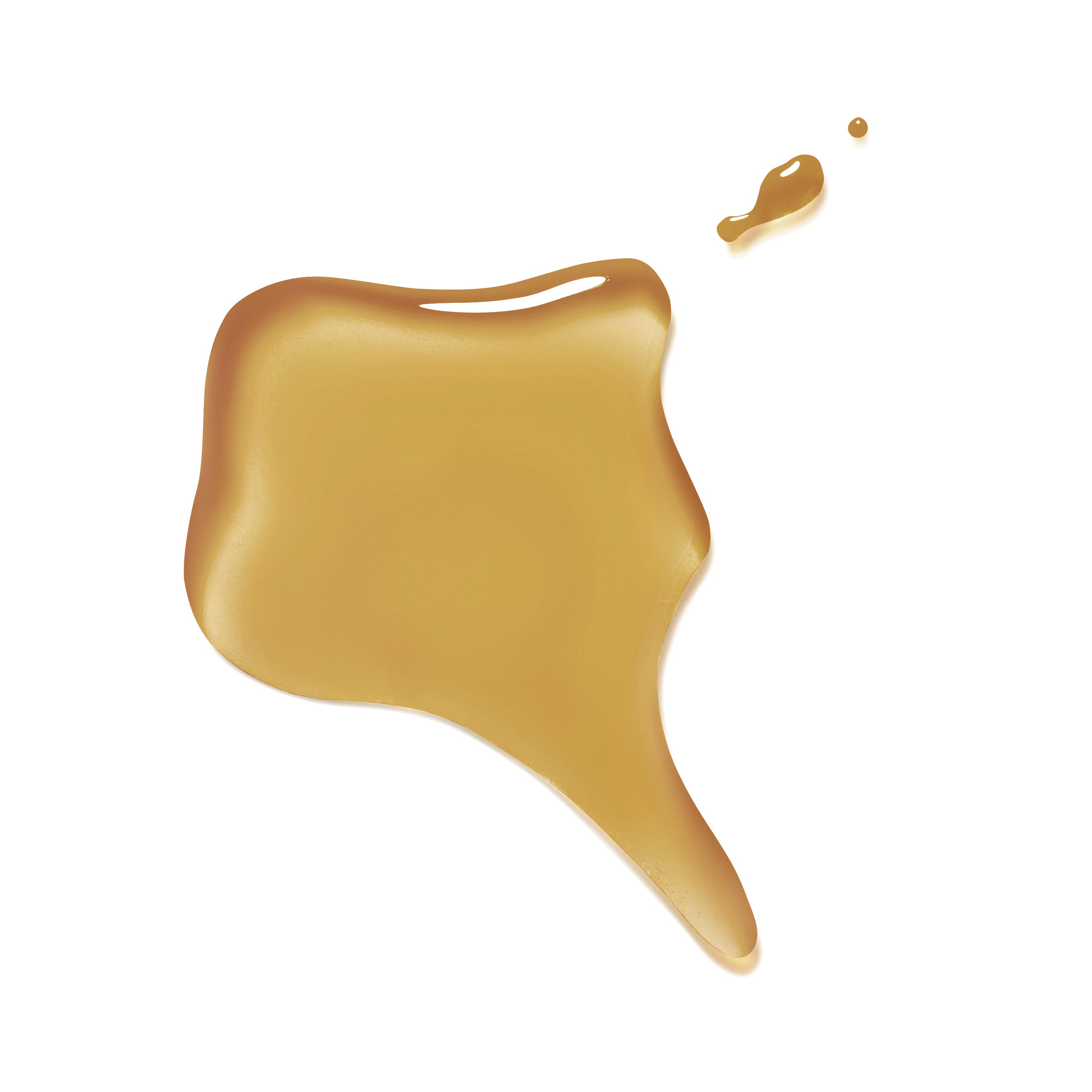
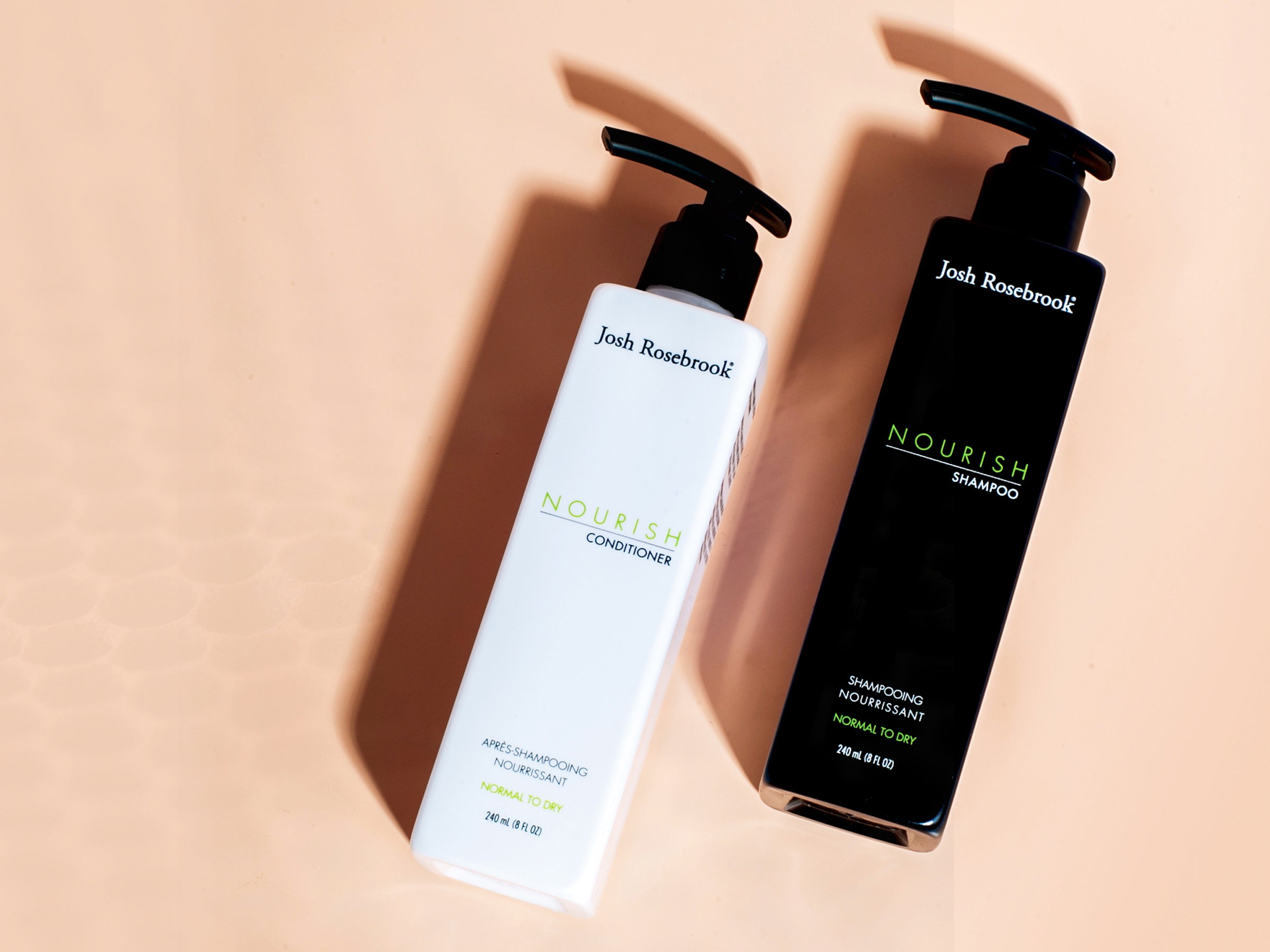
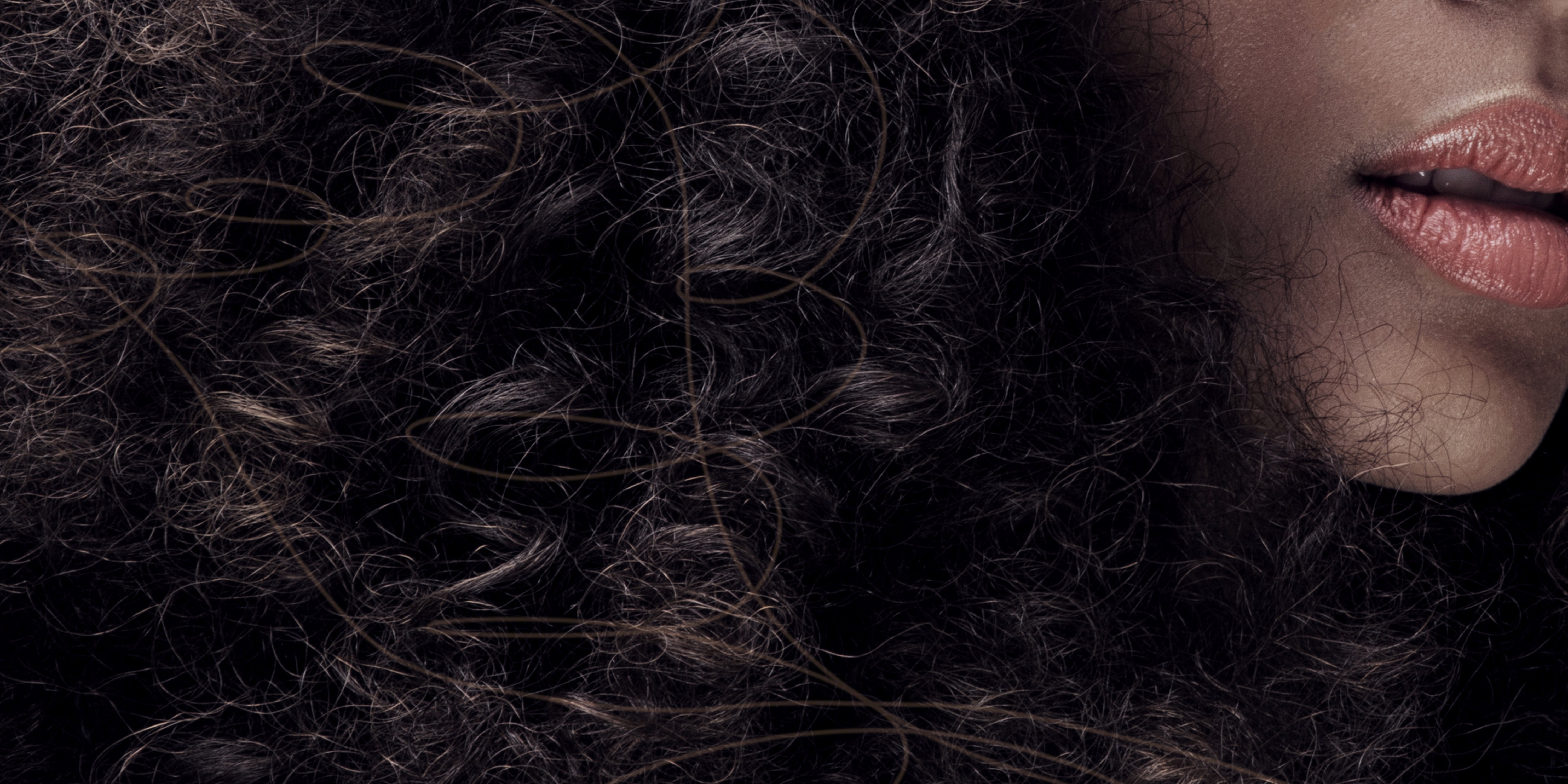
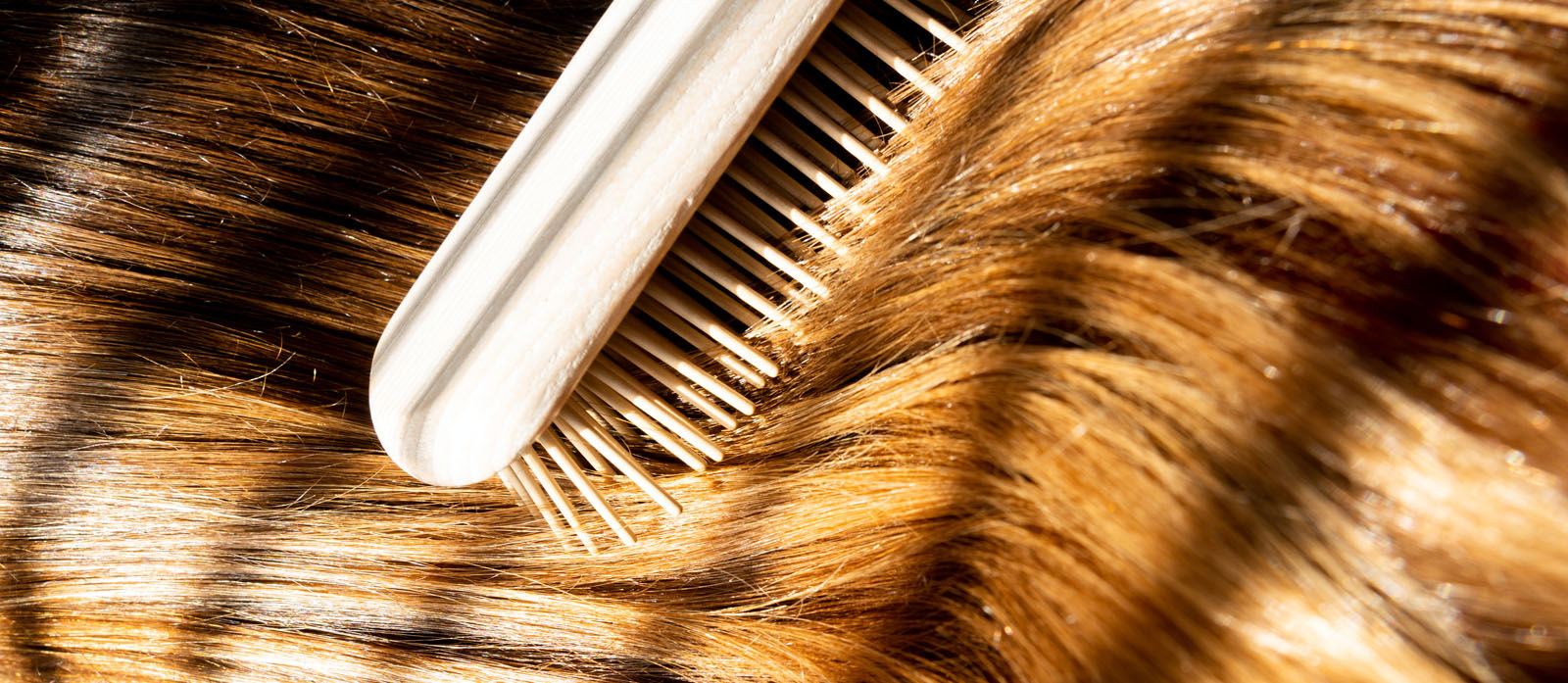
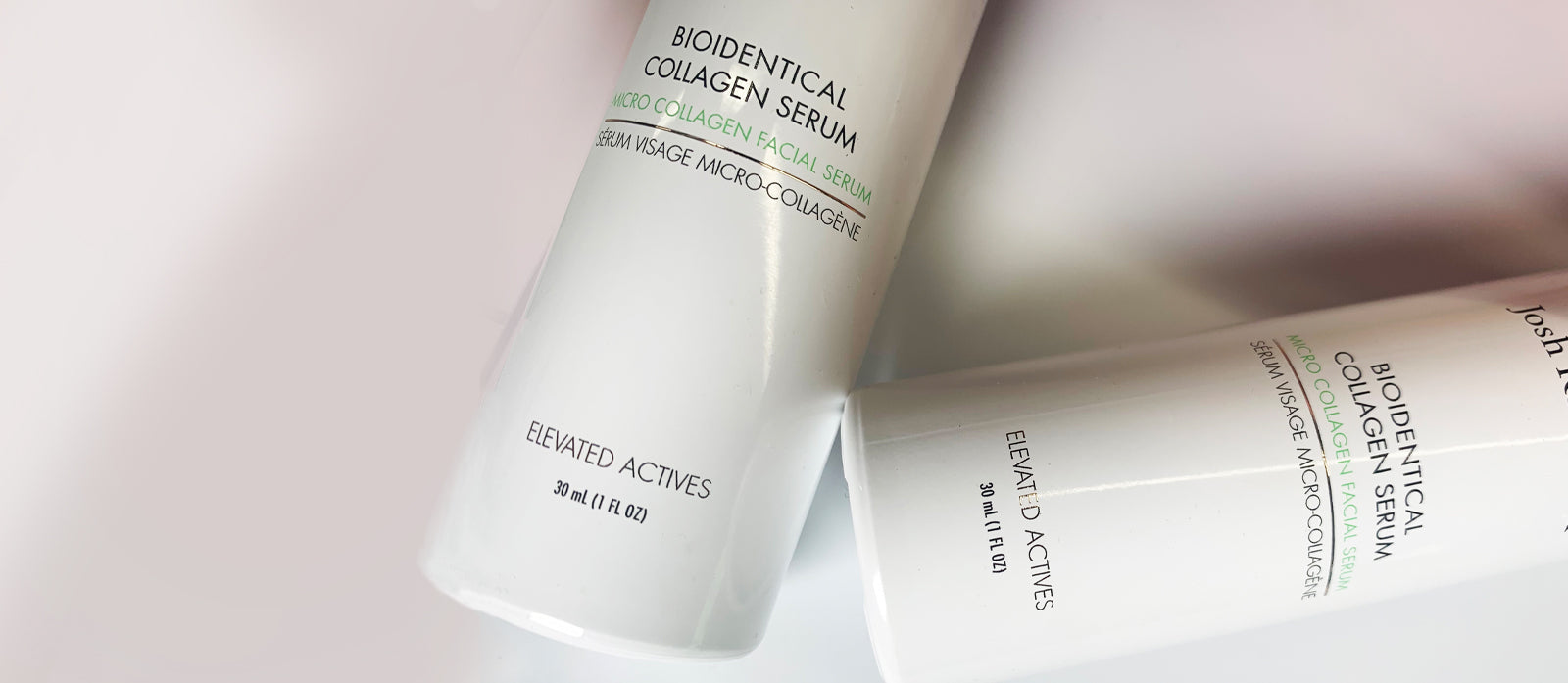
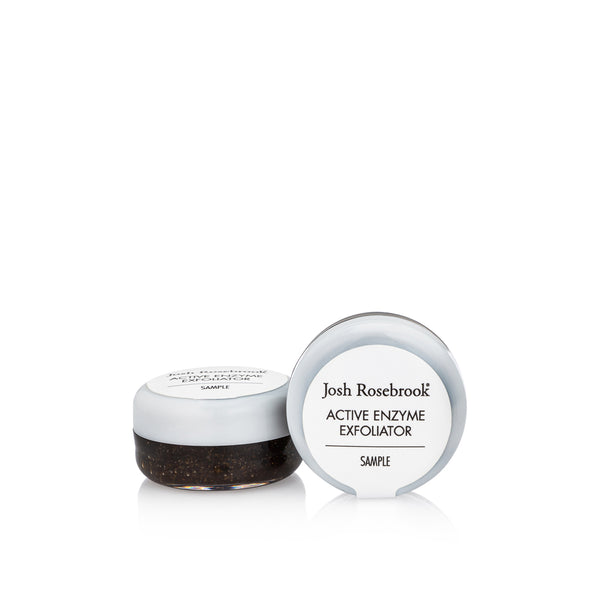
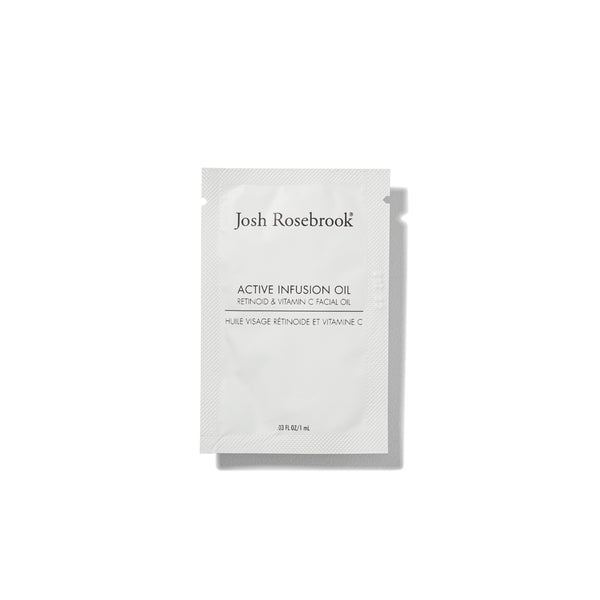
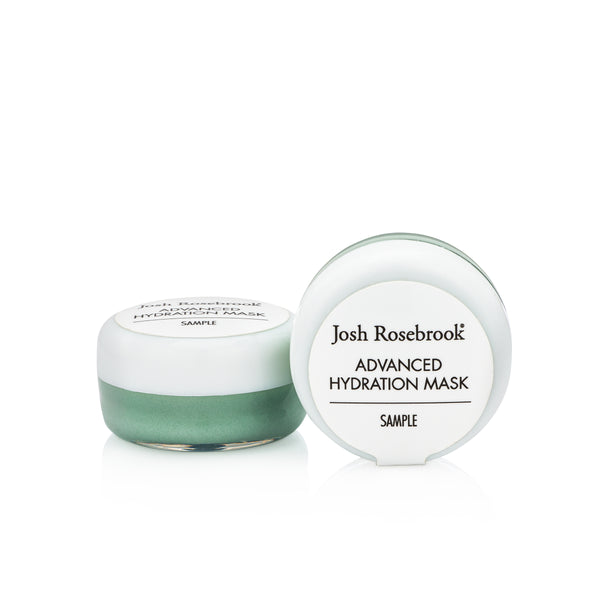
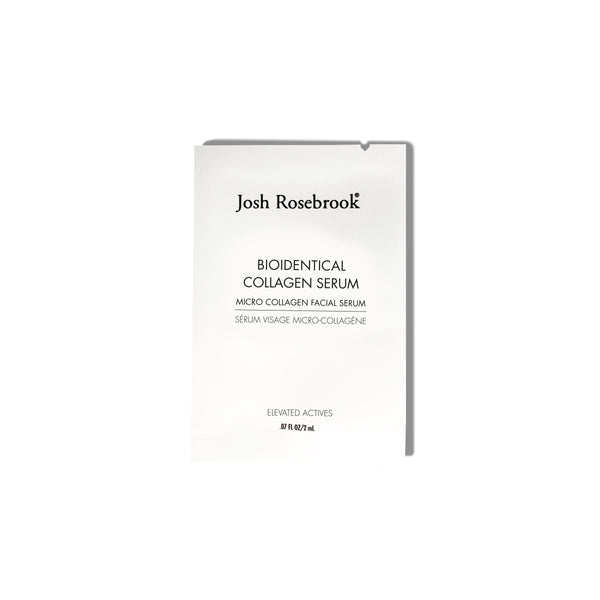

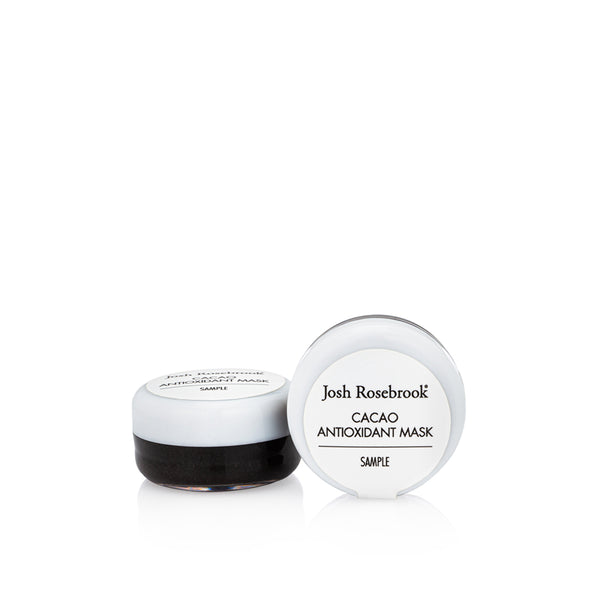
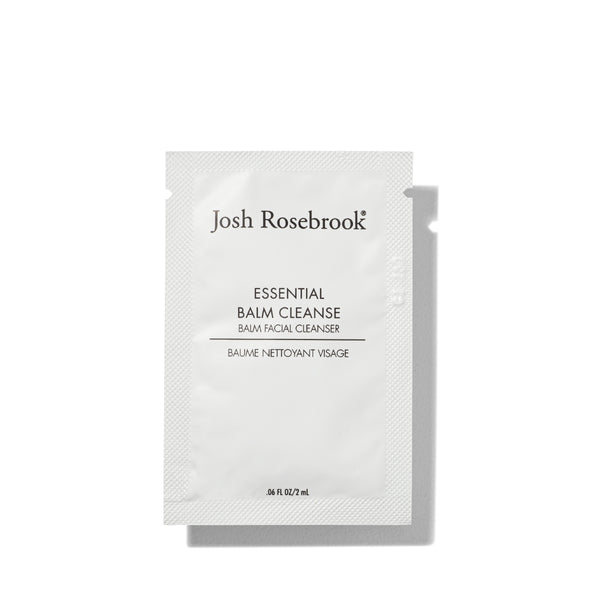
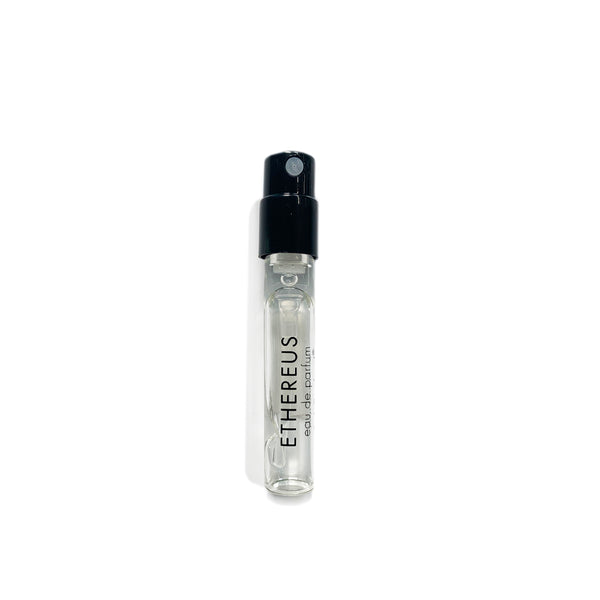
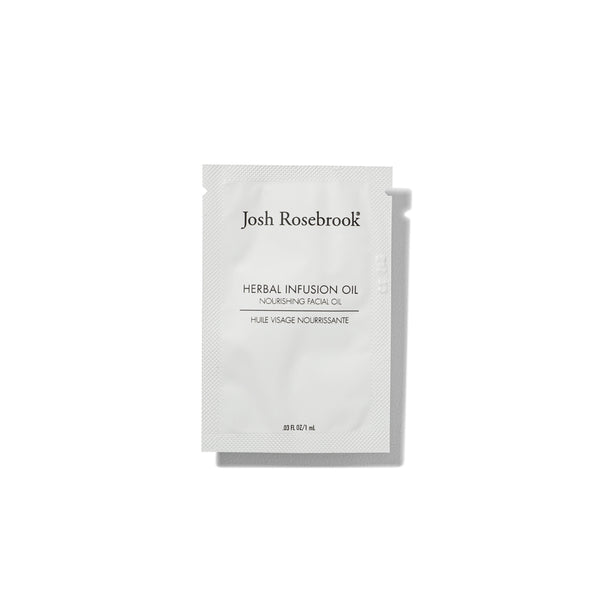
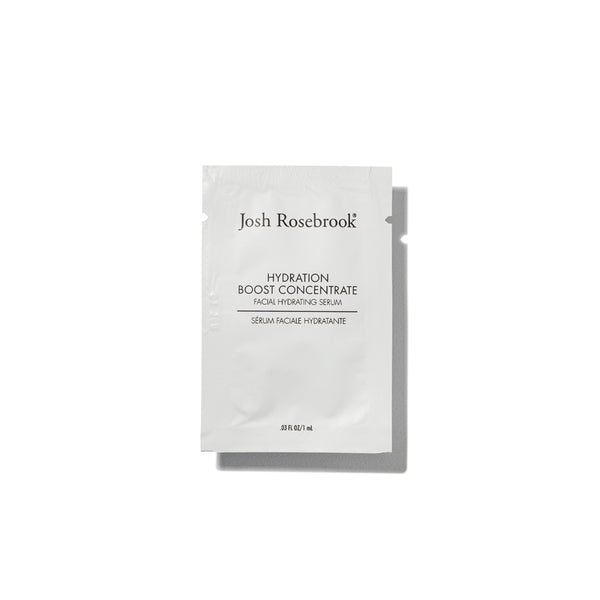
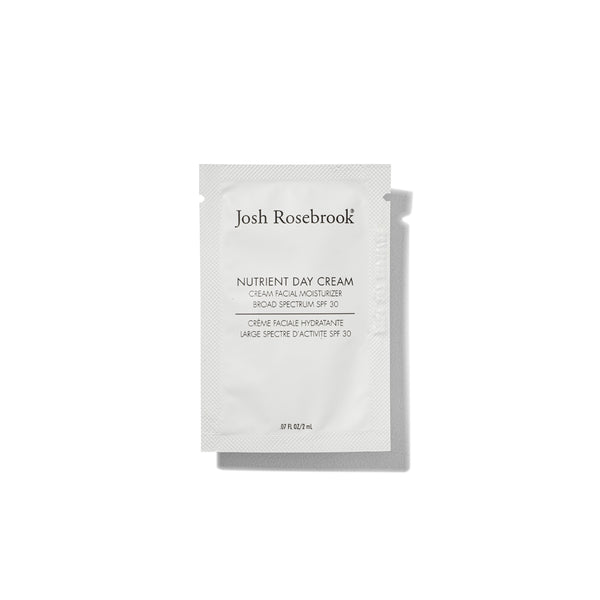
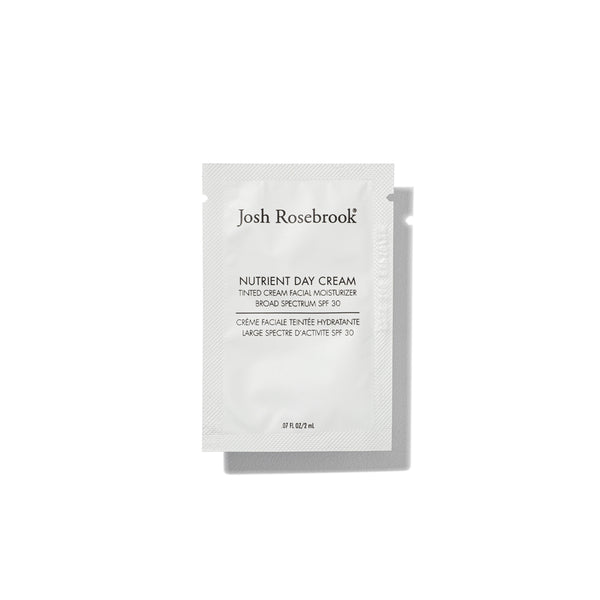
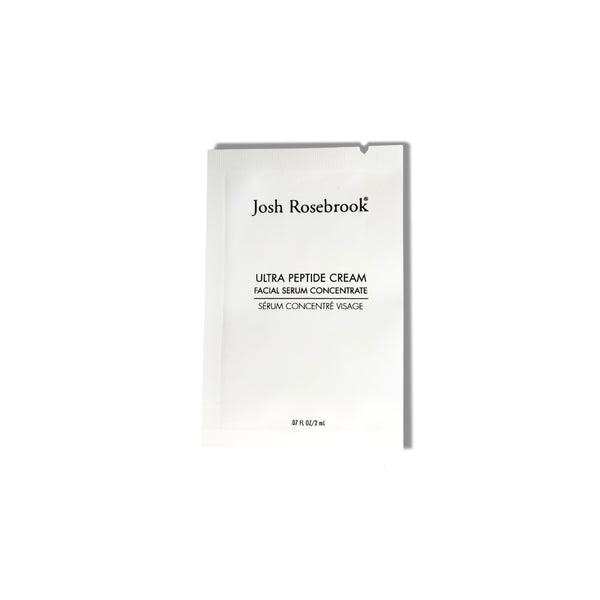
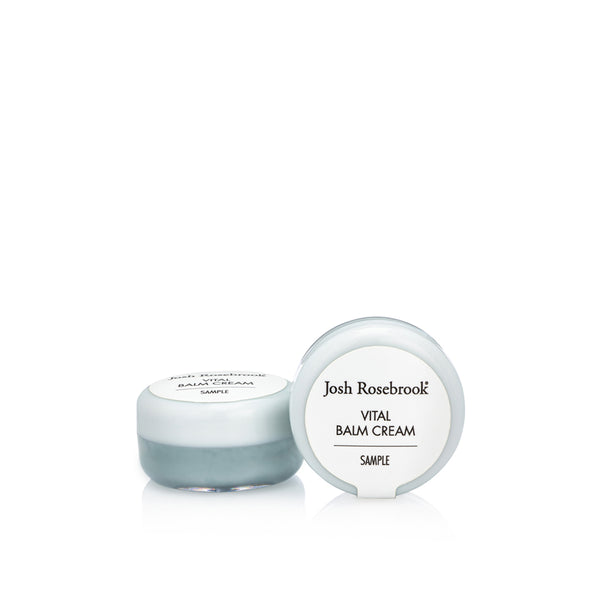
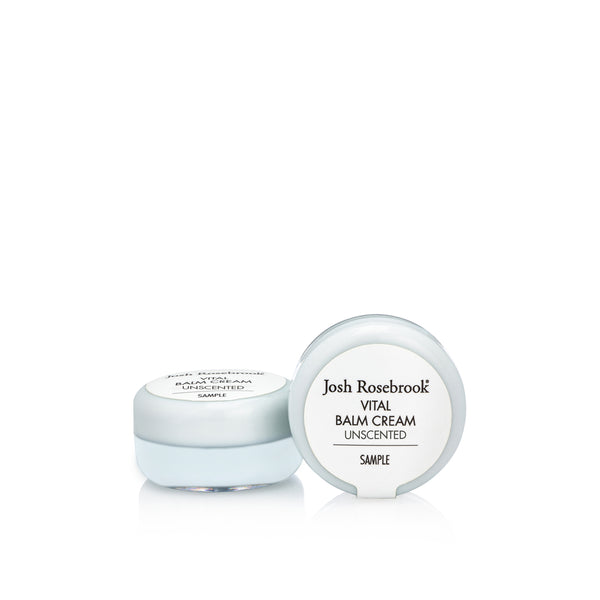
WRITTEN BY Josh Rosebrook